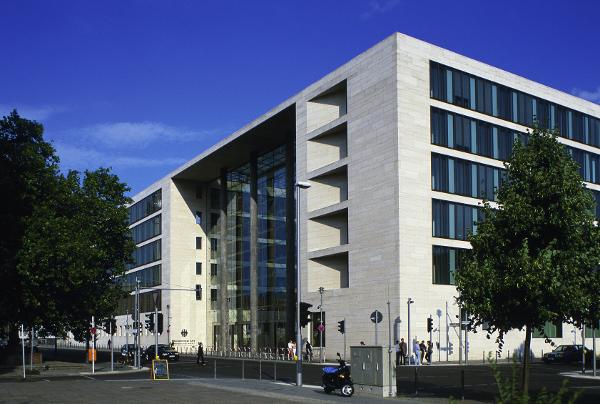By Eva Dadrian.
Cairo, 3 June 2015:
With tribalism very much a key determinant in shaping the future of Libya’s political scene, those . . .[restrict]attending the Libyan tribal leaders’ conference in Cairo last week tried to putting up a united front, but differences emerged on a number of issues. One of the main ones was the distribution of Libya’s natural resources, mostly located in Cyrenaica.
The discord was made abundantly clear minutes before the final statement was read. A brawl broke out in front of Egyptian Prime Minster Ibrahim Mahleb who, with Nabil el Araby, Secretary General of the Arab League, Egyptian Foreign Minister Sameh Shoukry and numerous Arab and non-Arab ambassadors was attending the final session.
Officials from the security of the Egyptian PM had to intervene to stop the fracas and separate the delegates.
The fracas appeared to prove that there was no consensus on some of the resolutions adopted by the conference.
The 20-resolution document itself, read by tribal representative Abdel Matloub Al-Abyad on the final day of the conference, confirmed the tribal leaders’ full support to the “legitimate parliament” in Tobruk and the Libyan armed forces.
They also stressed their support to government institutions such as military intelligence and all national security forces. By “the government” they meant the internationally-recognised one in Beida appointed by the HoR.
There were points that united the delegates.
Talking about the “dangerous times” Libyans are living through, Al-Abyad called the conference a “historic moment for all Libyans to unite in the face of the dark forces that are destroying our country”
He said that all Libyans “share the same aspirations for democracy, stability and security”.
It was clear that the delegates agreed, and to rapturous applause from them he branded the Muslim Brotherhood a “terrorist organisation”, asserting that the conference rejected any “possible dialogue or negotiations with that organisation.”
He accused the Muslim Brotherhood of being the cause of actual Libyans’ troubles.
There was approval too when Al-Abyad blamed “outside forces” for the role they played in the destruction of Libya. He did not name any particular country but was widely thought to be referring to Qatar and Turkey, and to a lesser extent the US and the UK.
At the end of their four-day meeting held under the aegis of Egypt, the tribal leaders announced the creation of a “unified council” to find a solution to their strife-torn country.
Al-Abyad too thanked Egypt for all “the air and land support” extended by Cairo and reiterated the Libyans’ request to Egypt “to put pressure, through the UN, the Arab League and the African Union, to lift the arm embargo imposed on the Libyan government”.
On that too there was consensus. But it, the setting up of yet another council or committee and the willingness to blame outsiders for Libya’s problems, could not hide the rivalry and discord between different communities and tribes that so forcefully made their appearance at the end of the four-day conference.
By helping Libya to “get out of the current vicious circle of violence, conflict and terrorism” Cairo has its own security in mind. A Libya “free of terrorism” would bring security and stability on Egypt’s western borders and ease the pressure of an over-stretched Egyptian army.
But whether the conference turns out to have been something more than just another talking shop remains to be seen. [/restrict]







